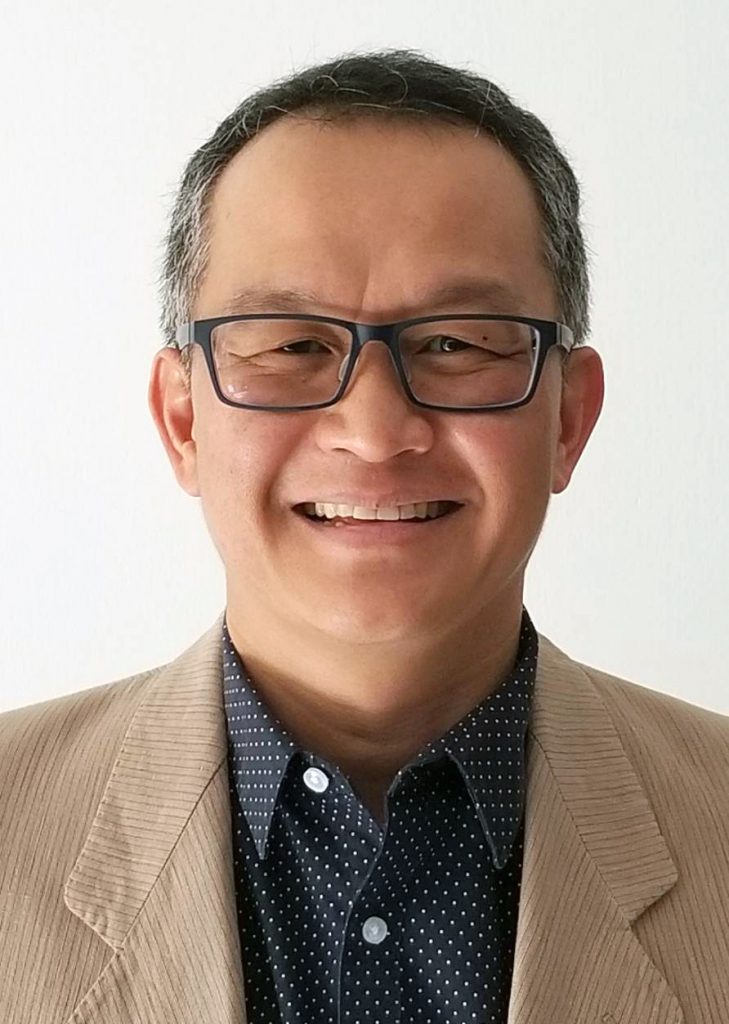Stressing the importance of knowledge in land management and urban planning, an area of research that he’s been working on continuously over the years, Assoc. Prof. Dr. Apiwat sees land as representing a location or space in which people can create wealth and fundamental happiness. At present, the problem of land inequality is not limited to physical space, but also the land in the virtual world. People with greater opportunities will occupy more digital space, and stake their claims on popular platforms, leading to a monopoly even in the virtual world. The more virtual space they occupy, the more advantages they have at creating wealth. My research is looking at the digital space that will bring about even more inequality in the future.

Assoc. Prof. Dr. Apiwat Ratanawaraha,
Department of Urban and Regional Planning, Faculty of Architecture
Assoc. Prof. Dr. Apiwat, head of the “Urban Dwellers 4.0” project, revealed that this research is part of the “Thais 4.0” strategic research initiative to look at future possibilities of urban life in the next 10-20 years and their pros and cons. The outcome of the study can be used to plan and prepare for possible future changes in areas involving birth, living, travel, work and death.
“Urban Dwellers 4.0″ is significant in technological and social dynamics, because in the 4.0 era, physical, digital, and biological technologies in our daily lives increasingly integrate and converge without our knowledge. This trend will be even more pronounced in the next 20 years, thereby changing everybody’s lifestyle. So, we need to think ahead to prepare for something that has never happened before. The case of COVID-19, for instance, was unforeseen but has changed our lives significantly. Many people work from home, while many have lost their jobs. These issues had already happened even before the COVID-19 pandemic. The pandemic only magnifies the trends of global and local social problems for us to see clearly in a shorter timeframe. Therefore, we have to be prepared to tackle all the unforeseen problems.” Assoc. Prof. Dr. Apiwat added.
Apart from the “Urban Dwellers 4.0” research, Assoc. Prof. Dr. Apiwat also studies major and minor cities, as well as smaller towns in the regions of Thailand; “Globalization of land” – a comparative study of Bangkok, Boston, Bangalore, and Bitcoin which treats land, as no longer a local commodity, but also a global factor, a product in the digital space; “Open science” project which stems from his interest in science, technology, and society to educate the public about open science and encourage their participation in building the database and knowledge base.
“My approach to research starts with things around me. Whenever I detect a problem, I convert it into research questions, and ponder on the questions until I find the answers that lead to the solutions. An interdisciplinary approach to research is very important today. To be successful, we have to select subjects of our interest. Our curiosity will drive us to tireless work to find the answers despite obstacles. All lines of work have problems, but I look at them as challenges leading me to success”, concluded the National Outstanding Researcher of 2021 (Philosophy).



